Gas Safety Cert: Ensuring Tenant Safety and Compliance in London
For landlords in London, obtaining a valid gas safety cert is a legal requirement and a critical aspect of responsible property management. The Gas Safety (Installation and Use) Regulations 1998 mandates that landlords must obtain an annual Gas Safety Certificate (CP12) from a Gas Safe registered engineer. This certificate ensures that all gas appliances, flues, and pipework are safe for use, protecting tenants from potential hazards like gas leaks and carbon monoxide poisoning. Understanding the importance of a gas safety cert, its process, and its legal implications is crucial for responsible property management in London.
A gas safety cert involves a thorough inspection of all gas appliances within a rental property. This includes boilers, cookers, gas fires, and any other gas-powered equipment. The inspection is conducted by a Gas Safe registered engineer who checks for gas leaks, ensures proper ventilation, and verifies that all appliances are functioning correctly. They will then provide a detailed report, which serves as the Gas Safety Certificate. This certificate is valid for 12 months, and landlords are legally required to provide a copy to their tenants within 28 days of the inspection or at the start of a new tenancy.
The process of obtaining a gas safety cert typically involves several key steps. Firstly, the engineer will inspect all gas appliances, checking for any visible damage or leaks. Secondly, they will test the functionality of each appliance, ensuring they are operating correctly and safely. Thirdly, they will check the ventilation system to ensure proper airflow, which is crucial for preventing carbon monoxide buildup. Finally, they will conduct a gas tightness test to identify any potential leaks in the pipework. This comprehensive check ensures the entire gas system is safe and compliant.
The validity of a gas safety cert, as documented by the Gas Safety Certificate, is 12 months. This means landlords must renew the certificate annually to maintain compliance. Regular checks are crucial for maintaining safety and preventing gas-related hazards. Failing to obtain a valid Gas Safety Cert can lead to severe penalties, including fines and even imprisonment. More importantly, it puts tenants at risk of gas leaks, carbon monoxide poisoning, and other gas-related hazards. Therefore, a gas safety cert is a vital part of responsible property management in London.
To ensure your property’s gas safety and compliance, consider using professional services conducted by Gas Safe registered engineers. For reliable and comprehensive services, visit Landlords Checks Gas Safety Certificate. They offer thorough gas safety checks and provide the necessary certification to protect your tenants and comply with legal requirements.
Book your gas safety cert today to ensure your property is safe and compliant.

Fire Risk Assessment

Gas Safety Certificate
Gas Safety Certificate – Domestic – Meter & Upto 2 appliances
£57.99 Book NowGas Safety Certificate – Domestic – Meter & Upto 4 appliances
£77.99 Book NowCarbon Monoxide Alarm
£80 Book NowGas Safety Certificate – Domestic – “Discounted Offer” Boiler Service + Gas Certificate & 2 appliances
£89.99 Book NowGas Safety Certificate – Commercial – 1 appliance
£199 Book NowGas Safety Certificate – Commercial – 2 appliances
£245 Book NowGas Safety Certificate – Commercial – Boiler Service
£280 Book Now

Electric Safety
Studio Appartments Electrical Safety Certificate (EICR)
£65 Book NowPAT Testing Up To 10 Items
£58 Book NowDomestic Electrical Safety Certificate EICR 1 – 3 Bedroom – 1 Consumer Unit Up to 12 Circuits
£99 Book NowDomestic Electrical Safety Certificate EICR 4 Bedrooms – 1 Consumer Unit Up to 12 Circuits
£120 Book NowCommercial Electrical Certificate (EICR) – 1 Consumer Unit Up to 12 Circuits
£149 Book NowDomestic Electrical Safety Certificate EICR 5 Bedrooms – 1 Consumer Unit Up to 12 Circuits
£150 Book NowDomestic Electrical Safety Certificate EICR 6 Bedrooms – 1 Consumer Unit Up to 12 Circuits
£158.33 Book NowFuse Box Installation
£415.83 Book Now

Energy Performance

Inventory Services

Asbestos Surveys

Electric-Gas Appliances & Hob Installations

Talk To Us!
Get in touch if you're uncertain or need assistance ?
020 8609 7777
Talk to a Friendly Advisor
Accreditations


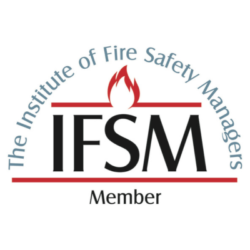

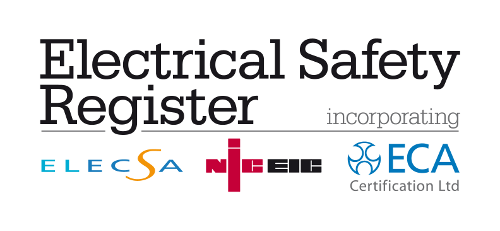
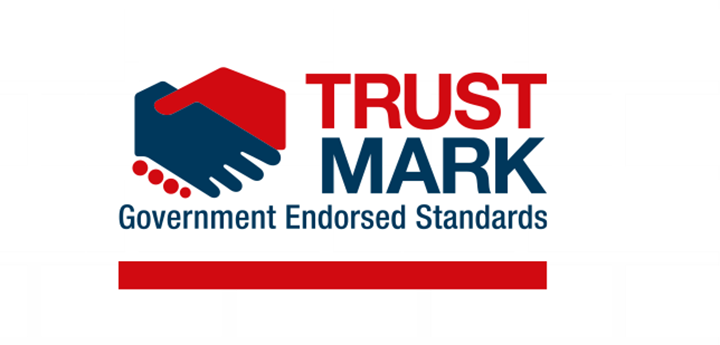
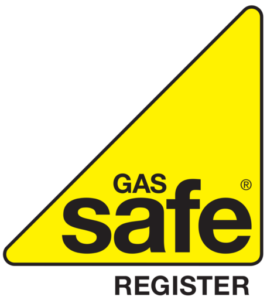
Help & Advice
-
How Much Does It Cost to Service a Boiler in the UK?
Maintaining your boiler through regular servicing is essential for safety, efficiency, and compliance with landlord responsibilities. Understanding the costs involved helps property owners and tenants budget appropriately while ensuring their
-
Understanding Energy Performance Certificates: Importance and New Rules for Landlords in the UK
What is an Energy Performance Certificate (EPC)?An Energy Performance Certificate (EPC) is a crucial document that assesses the energy efficiency of residential and commercial properties in the UK. The main
-
Understanding Fire Risk Assessment in London for Landlords: A Comprehensive Guide
Introduction to Fire Risk AssessmentA fire risk assessment is a systematic evaluation designed to identify potential fire hazards within a property and assess the risks they pose, ultimately ensuring the
-
Why EPC Rules Matter — And What Landlords Should Do Now
The evolving regulatory landscape for Energy Performance Certificates (EPCs) in England and Wales is at a pivotal moment, with landlords facing substantial risks and opportunities. In this blog, we’ll break
-
Housing Regulator Uncovers Serious Safety Failings in Brent Council — What London Landlords Can Learn
The Regulator of Social Housing (RSH) has recently identified serious failings in Brent Council’s performance as a landlord — findings that should serve as a stark warning to property owners
-
 How Much Does It Cost to Service a Boiler in the UK?
How Much Does It Cost to Service a Boiler in the UK?
-
 Understanding Energy Performance Certificates: Importance and New Rules for Landlords in the UK
Understanding Energy Performance Certificates: Importance and New Rules for Landlords in the UK
-
 Understanding Fire Risk Assessment in London for Landlords: A Comprehensive Guide
Understanding Fire Risk Assessment in London for Landlords: A Comprehensive Guide
-
 Why EPC Rules Matter — And What Landlords Should Do Now
Why EPC Rules Matter — And What Landlords Should Do Now
-
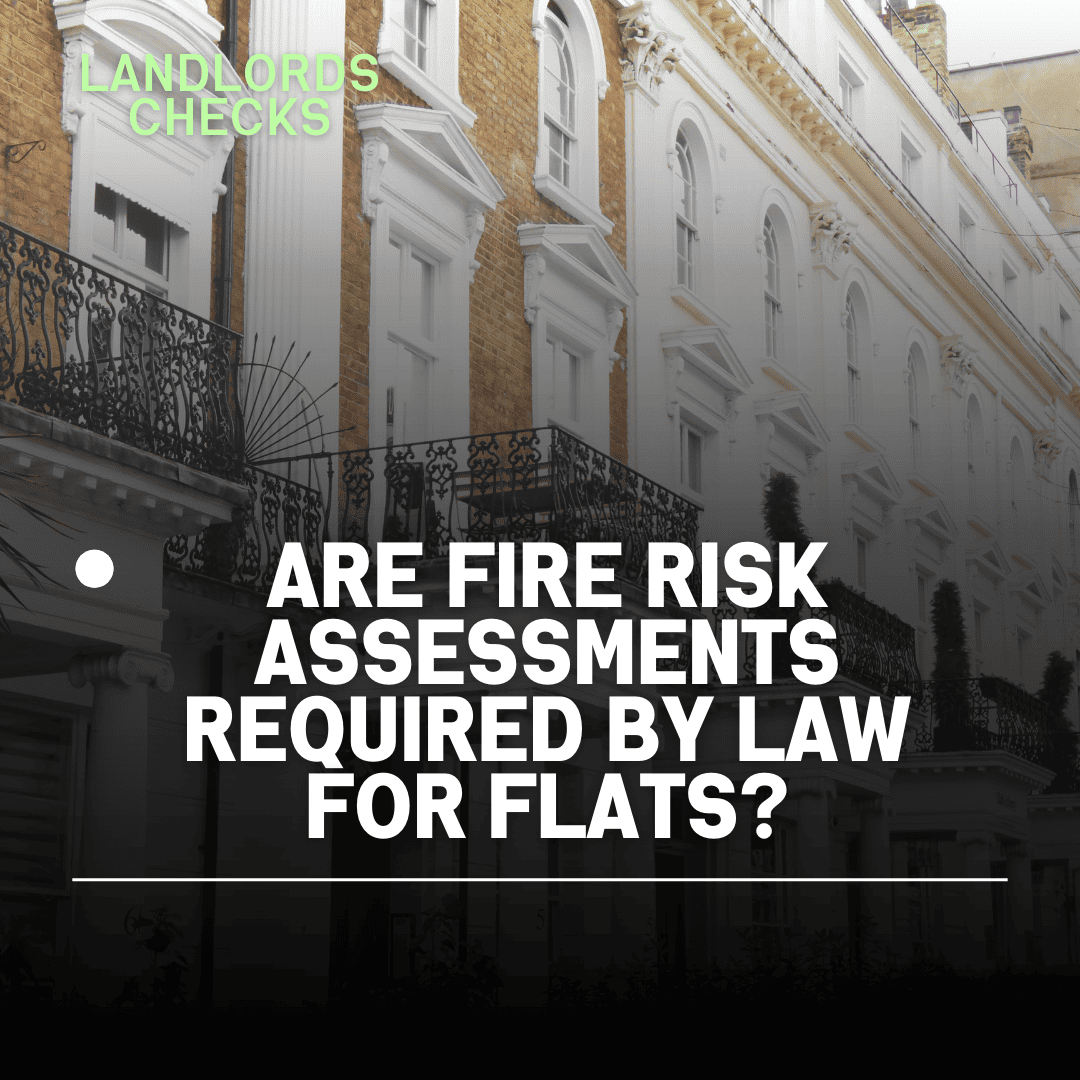 Housing Regulator Uncovers Serious Safety Failings in Brent Council — What London Landlords Can Learn
Housing Regulator Uncovers Serious Safety Failings in Brent Council — What London Landlords Can Learn




